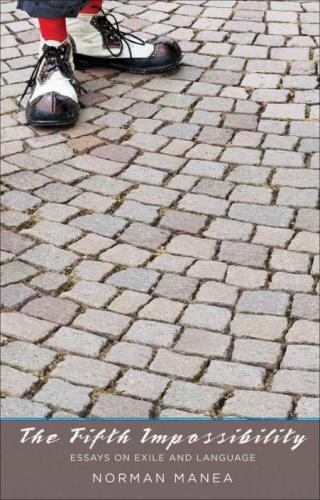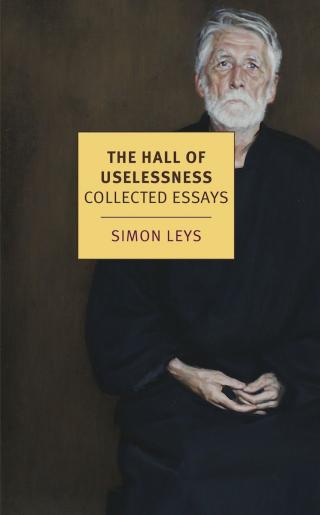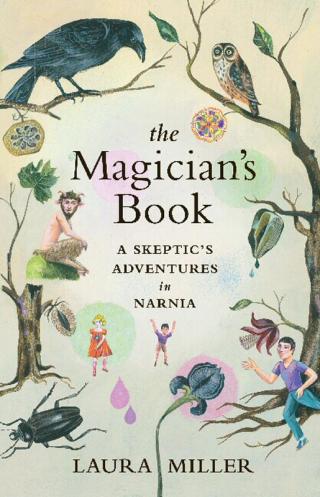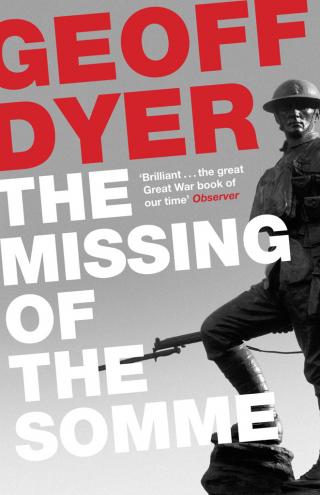The Case Against Wagner was one Nietzsche’s last books, and his wittiest. In Wagner’s music, in his doctrine, in his whole concept of art, Nietzsche saw the confirmation, the promotion, even the encouragement, of that decadence and degeneration...
Формат:
только полные версии
Мир сошел с ума. Выброшены мишленовские путеводители по Парижу. В Ватикане больше никому не интересны проповеди Папы. В Лондоне...
Included in Library Journal’s "25 Key Indie Fiction Titles, Fall 2014-Winter 2015".
Within the writer's life, words and things acquire power. For Borges it is the tiger and the color red, for Cortázar a pair of amorous lions, and for an early...
Deported to a concentration camp from 1941 until the end of the war, Norman Manea again left his native Romania in 1986 to escape the Ceausescu regime. He now lives in New York. In this selection of essays, he explores the language and psyche of the...
Simon Leys is a Renaissance man for the era of globalization: a distinguished scholar of classical Chinese art and literature, he was one of the first Westerners to expose the horrors of Mao’s Cultural Revolution. Leys’s interests and expertise...
From Publishers Weekly
Jam-packed with critical insights and historical context, this discussion of C.S. Lewis’s Chronicles of Narnia from Miller’s double perspectives-as the wide-eyed child who first read the books and an agnostic...
"Head bowed, rifle on his back, a soldier is silhouetted against the going down of the sun, looking at the grave of a dead comrade, remembering him…" A poetic and impressionistic tribute to those who perished in World War I-and those who lived,...
The Norton Anthology of English literature. Volume...
In spring of 1846, Edgar Allan Poe moved from New York City to his country cottage in Fordham where he wrote "The Philosophy of Composition", an essay that promises to recount the method he used to write his famous poem "The Raven" (1845). In the...
The Reeve’s...







